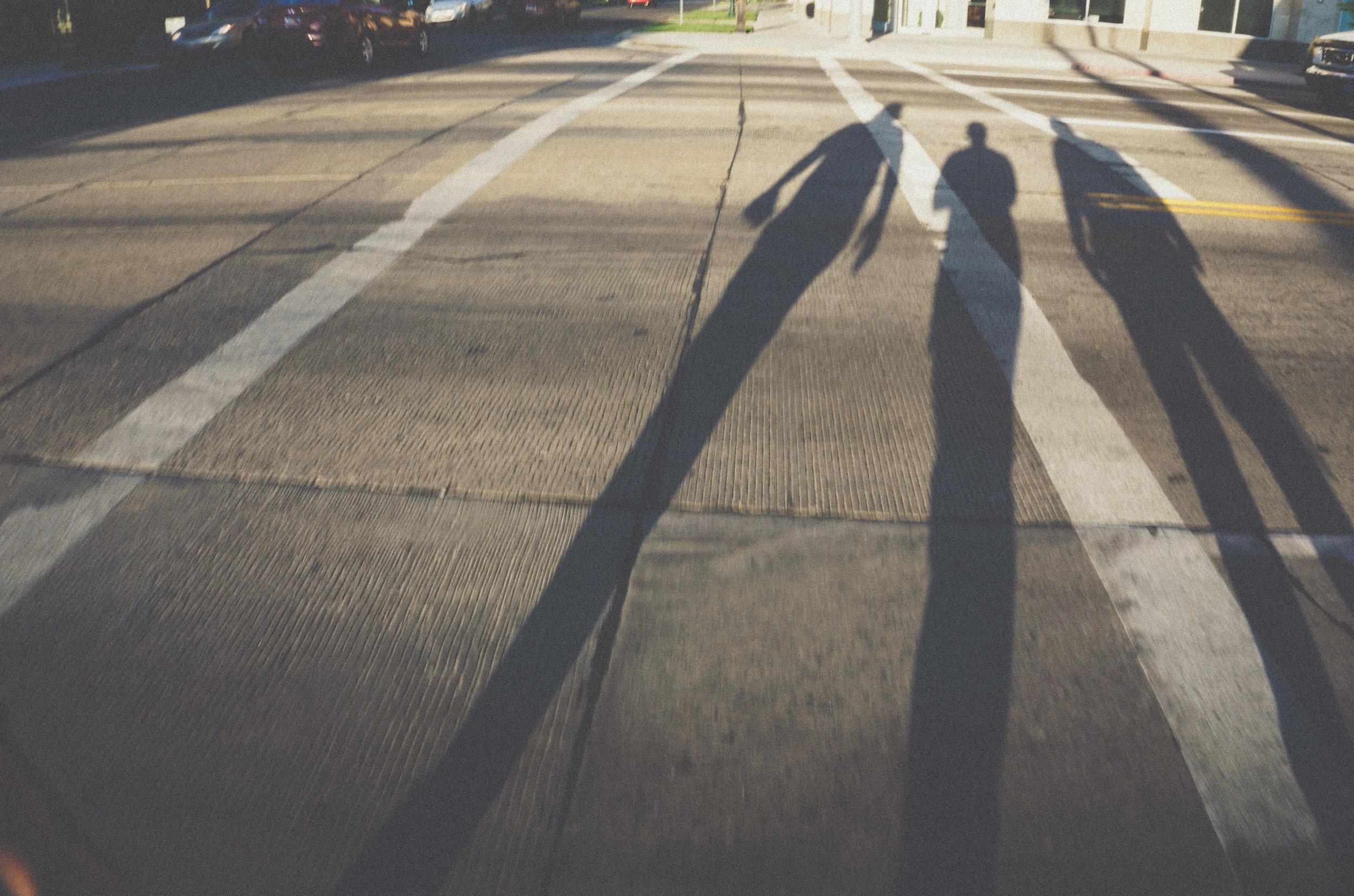Displaced Anxiety
We can choose to get curious about the shadows we hide.
A few weeks ago Ta-Nehisi Coates came to Baltimore on his tour for his latest book, “The Water Dancer” and I was fortunate to go. Much of the conversation/interview was on reparations. At one point Coates pointed out, and I’m paraphrasing here, that the current evil isn’t slavery. The evil is our inability to denounce a false narrative of American exceptionalism, denying the actuality of the past and its ramifications. Instead of taking the opportunity to choose to be exceptional by taking a hard look at our history and the connections with current socioeconomic realities. I immediately thought of this Sunday’s gospel, a parable of an individual (who may represent an institution and system) who does not want to wrestle, let alone expose, the dark stuff inside.
Richard Rohr calls this “shadowboxing” from the teachings on ‘shadows’ that Jung brought to light. Our shadows are murky and messy parts of our self that we don’t want to see, but see with utter clarity in others. Why do certain behaviors, of certain people push our buttons? Because they are behaviors we want to deny, they trigger shame around our own stuff. The Pharisee in this story chooses to believe he is exceptional, not like everyone else. Certainly not like the people he judges and condemns.
But the thing is our shadow sides are actually good news if we choose to see them. We laud the truth and reconciliation commissions in other places. It’s the process that lights the way to forgiveness and healing. Shame hides in the shadows.
I pray I’m getting better at seeing when I’m displacing my anxiety, fear, etc. so that prompts me to consider sharing a story of doing that. This also prompts me to name the ways in which the institutional church has displaced anxiety, and still does, on marginalized groups.
But the primary prompt is personal. When has my exceptionalism kept me from owning my own humanity and struggles? When have I wanted to turn away from aligning myself with someone who was struggling? What shared shadows do we have in our communities that keep us from reaching out and running towards our neighbors? Don’t you think there is a reason people use the phrase, “I haven’t darkened the doors of a church for some time” that has something to do with the shadows we’re afraid to show to God?
God loves that Pharisee — even if the Pharisee doesn’t yet know what it is to love himself. We see ourselves in other people, just like God sees God-self in us. Hope that prompt helps you see and share the light in you!


